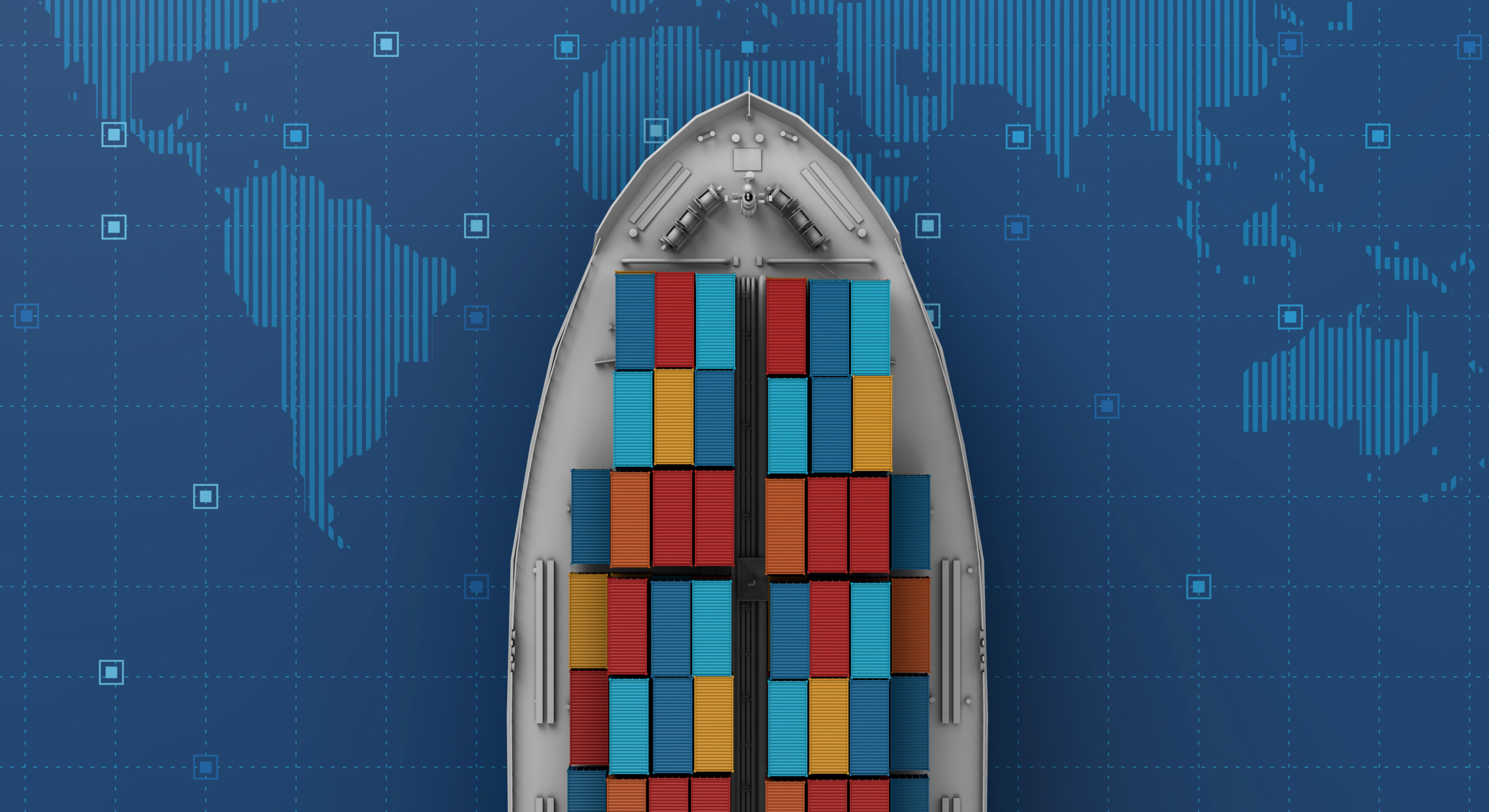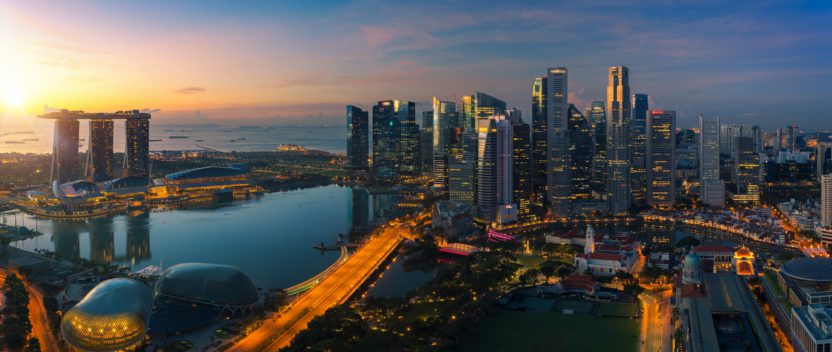It could have been worse, and might be yet

One name dominates any review of the last 12 months in shipping. And as the Ever Given finally unloaded its cargo across Northern Europe, insurer Allianz Global Corporate & Specialty unleashed its annual safety and shipping review.
As Allianz points out, the blocking of the Suez Canal is just the latest in a growing list of incidents involving large vessels. Containerships, car carriers and bulk carriers are among those that have grown larger in recent decades as shipping companies seek greater economies of scale and fuel efficiency.
It’s a trend that is likely to continue, thanks to increasing environmental regulatory pressures to lower emissions and despite the Covid-19 pandemic, ever larger vessels are on order.
The 2020 annual review also gives AGCS the opportunity to observe that forecasting is a difficult game. Its previous edition warned that the consequences of Coronavirus and a sustained economic downturn could threaten long-term safety improvement and trigger an uptick in losses from cost-cutting measures, fatigued crew, and idle vessels.
In fact, the 2020 ‘loss year’ represents a significant improvement on the rolling 10-year loss average, reflecting the positive effect of an increased focus on safety measures over time, such as regulation, improved ship design and technology and risk management advances.
This is not to overlook the problems that do exist. South China, Indochina, Indonesia and Philippines were 2020’s global loss hotspots, accounting for a third of all losses with incidents up slightly year-on-year. South East Asian waters are also the major loss location of the past decade, driven by a number of factors including high levels of local and international trade, congested ports and busy shipping lanes, older fleets and extreme weather exposure.
Despite the devastating economic impact of Covid-19, the effect on maritime trade has been lower than first feared, demonstrating the resilience of the shipping industry and its supply chains. Global seaborne trade volumes declined only by around 3.6% in 2020, and are on course to surpass 2019 levels this year.
However AGCS joins the chorus of warnings that with so many crew members stuck onboard vessels there are serious concerns for the next generation of seafarers. Covid-19 is impacting training and development and the sector may struggle to attract new talent due to working conditions. Any shortage could impact the surge in demand for shipping as the economy and international trade rebounds.
In general Covid-19 has had only limited impact on marine claims to date. Hull insurance has seen little direct impact, however marine liability insurers are expected to face passenger liability claims from cruise ships, cargo insurers have seen an uptick in perishable goods claims.
The surge in demand for shipping, coupled with the pandemic, has put shipyards under pressure. There is an increased cost of hull and machinery claims due to delays in the manufacture and delivery of spare parts, as well as a squeeze on available shipyard space.
The cost of salvage and repairs has also increased. Potentially, insurers could see an uptick in machinery breakdown claims if Covid-19 has affected crews’ ability to carry out maintenance or follow manufacturers’ protocols. Machinery breakdown claims could arise from the reactivation of the cruise ship industry if maintenance protocols have not been followed – there have also been fires on board vessels in lay-up.
The threats to the supply chain have increased – and continue to increase as COVID re-appears in China – but as has been demonstrated in recent months, the grounding of Ever Given merely served to compound existing delays and disruption. Further disruption caused not just by the pandemic but by extreme weather will be set against surges in demand for containerized goods and commodities as some areas of the world recover faster.
Political risks are also impacting maritime transport and supply chains. In 2020, a trade dispute between China and Australia resulted in more than 60 vessels being stranded at sea for up to nine months, unable to deliver their cargoes of thermal coal and unable to change crew.
Given the recent publication of the UNFCCC report on the progress of climate change it is impossible to ignore the impact of severe weather on producer and consumer countries as well as navigation.
Recent years have seen increasing impact on shipping from floods and droughts on key inland shipping routes, including the Mississippi in the US and Rhine in Europe. Climate change volatility is increasingly impacting shipping, ACGS says. Going forward, the shipping industry needs to be more proactive in addressing and mitigating the impacts of extreme weather.
Potential claims scenarios resulting from delays and disruptive weather include spoilage of refrigerated cargoes in container shipments, hull claims from bulk shipments where vessels face longer waiting times at anchor because of high water levels and flooding of stock in RoRo shipments from storms if primary storage areas are at maximum capacity.
Shipowners need better information, ACGS says, and while that could include intelligence on local political conditions and risk scenarios, it singles out more accurate voyage planning and weather forecasting, using technology to help them plan ahead and take action to avoid losses, such as to delay departure, take shelter where available or reroute to an alternative port.
Like many aspects of maritime safety; that data and the means to use it are already available, from better passage planning and weather routeing to voyage optimisation that can provide information on weather, tide and currents. With so many risks to manage, its an opportunity for safety that the industry must grasp.


